Artificial intelligence and machine learning are playing increasing roles in drug discovery, potentially saving significant time and money.
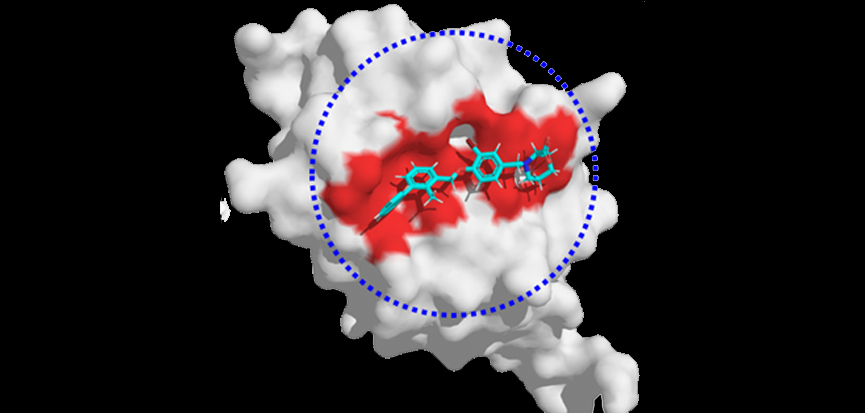

Artificial intelligence and machine learning are playing increasing roles in drug discovery, potentially saving significant time and money.
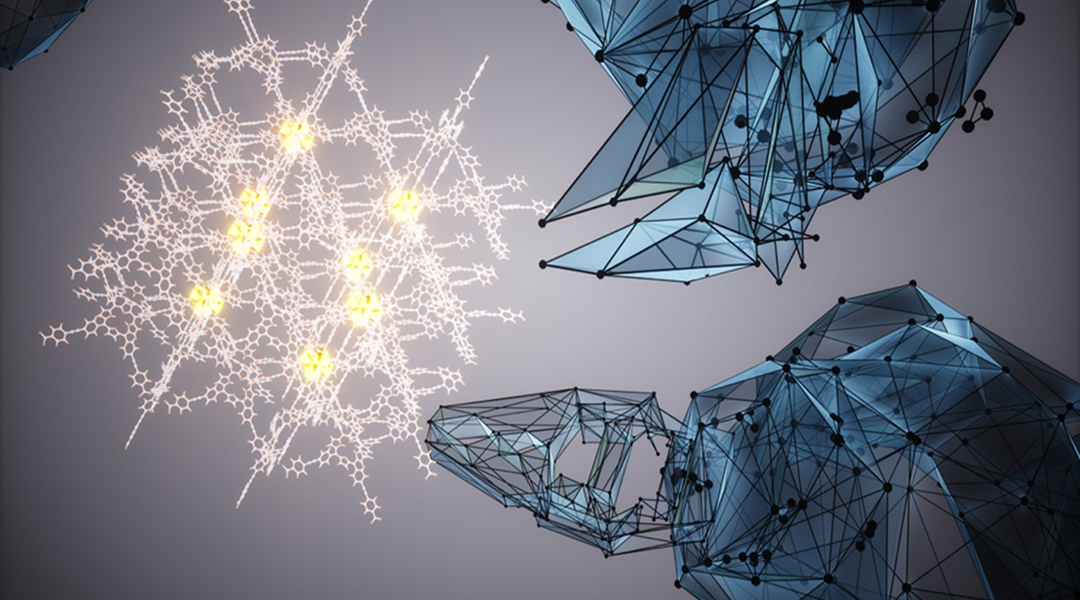
A new machine learning strategy searches for desirable materials properties rather than building blocks, which researchers hope will lead to better materials to help spark a green economy.

Driven by a machine learning algorithm, the closed-loop biohybrid device maintained a set membrane voltage in human stem cells for 10 hours.
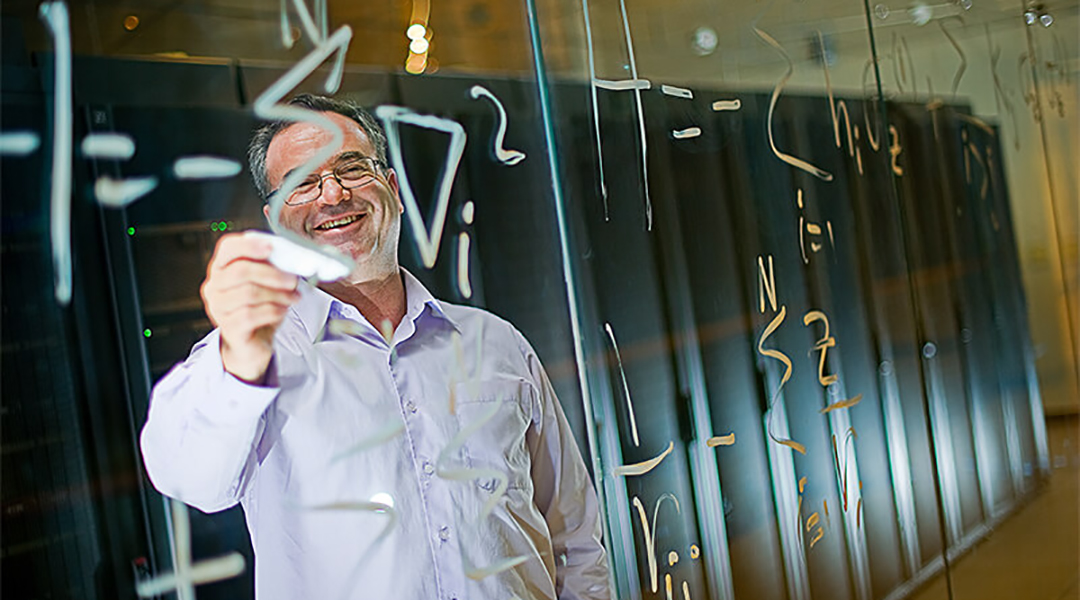
Researchers are developing algorithms and machine learning methods to further our understanding of the quantum state space.

By examining a wide selection of research works from the last two years, it was very clear that astronomers are using machine learning and AI as powerful discovery tools across a range of fields.

A new study shows fundamental limitations to the computer-based simulation of chaotic systems with implications in climate change modeling, weather forecasts, and machine learning.
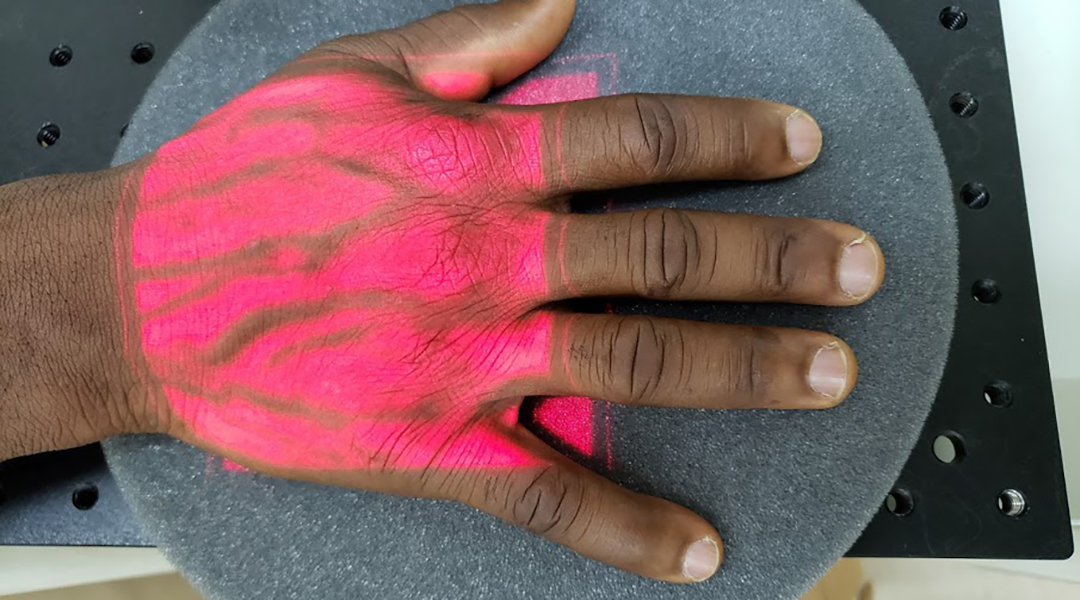
A non-invasive test uses a combination of lasers and ultrasound to detect red blood cells infected with malaria parasites with acoustics.
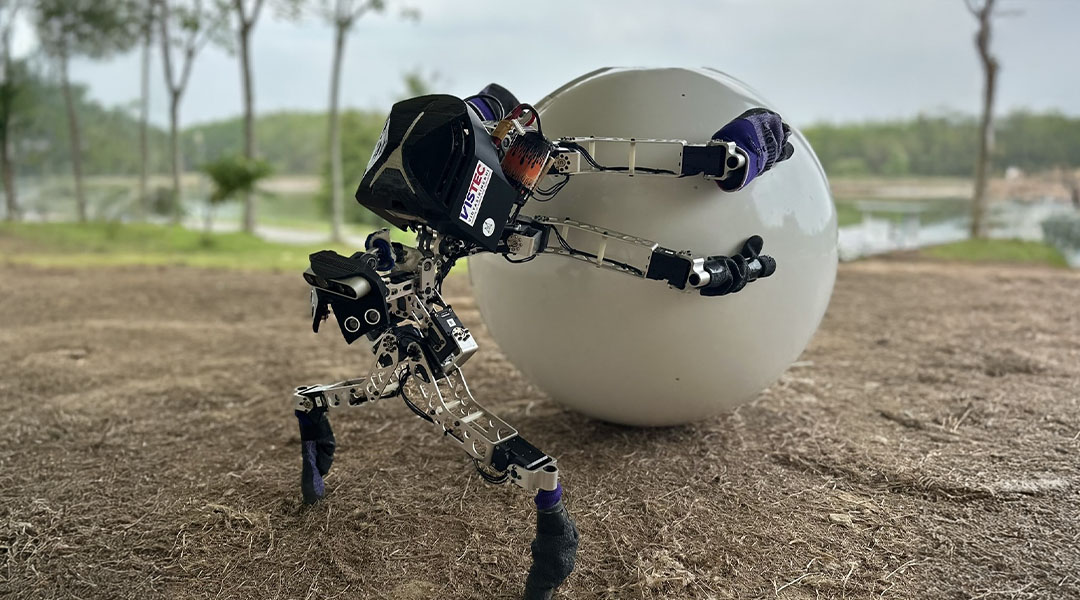
Robots modelled after dung beetles leverage nature’s ingenuity with efficient, space-saving object-rolling mechanics.
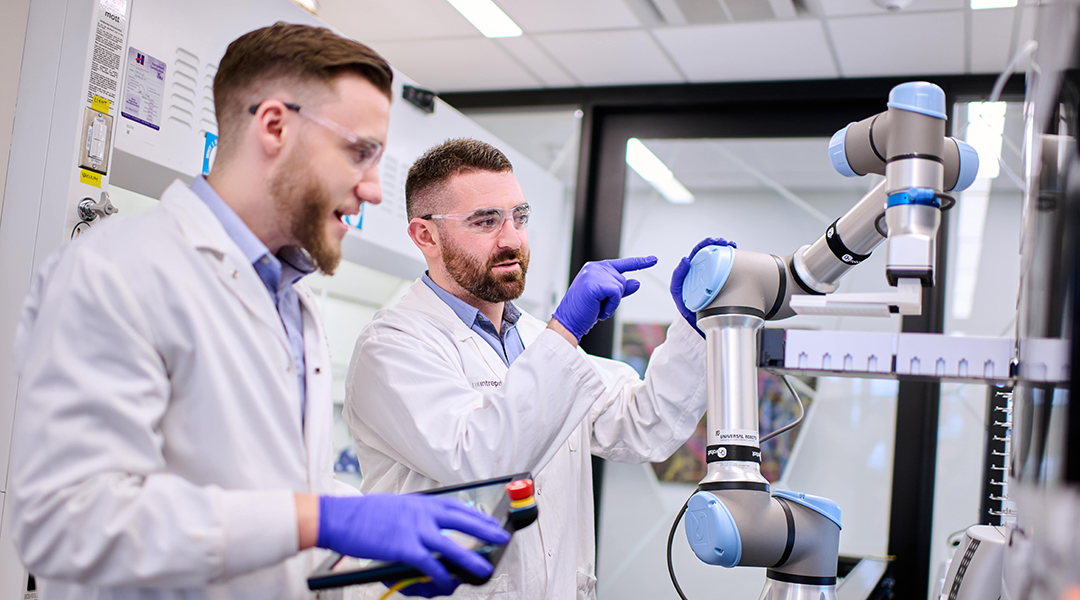
Scientists are speeding up drug formulation to breath new life into old medications and reduce risk of clinical trial failure.
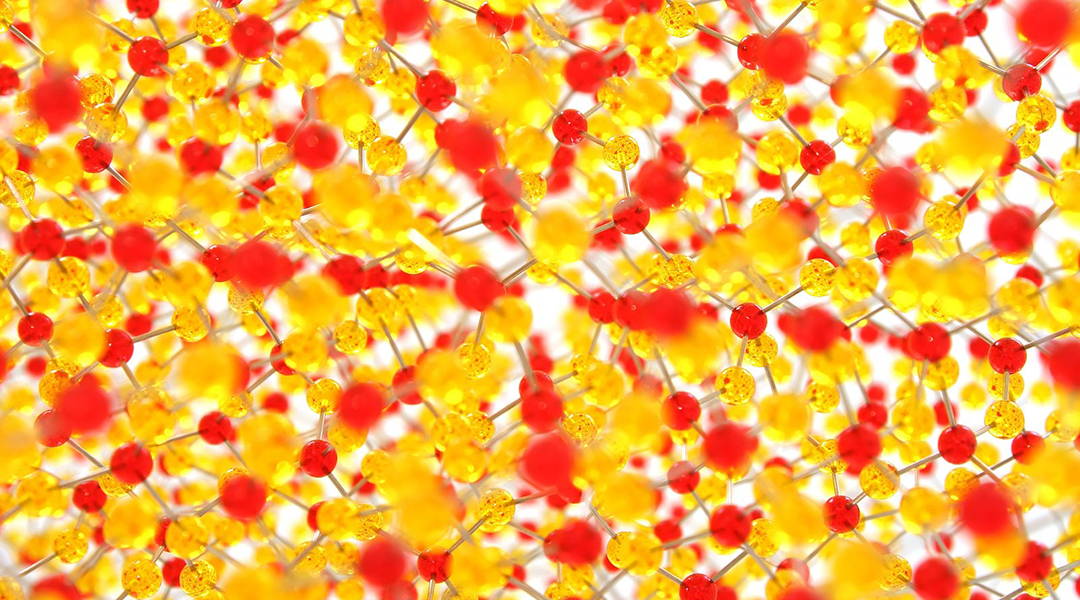
An Ising machine built on lattice defects solves problems faster than conventional computers without the drawbacks of quantum systems.